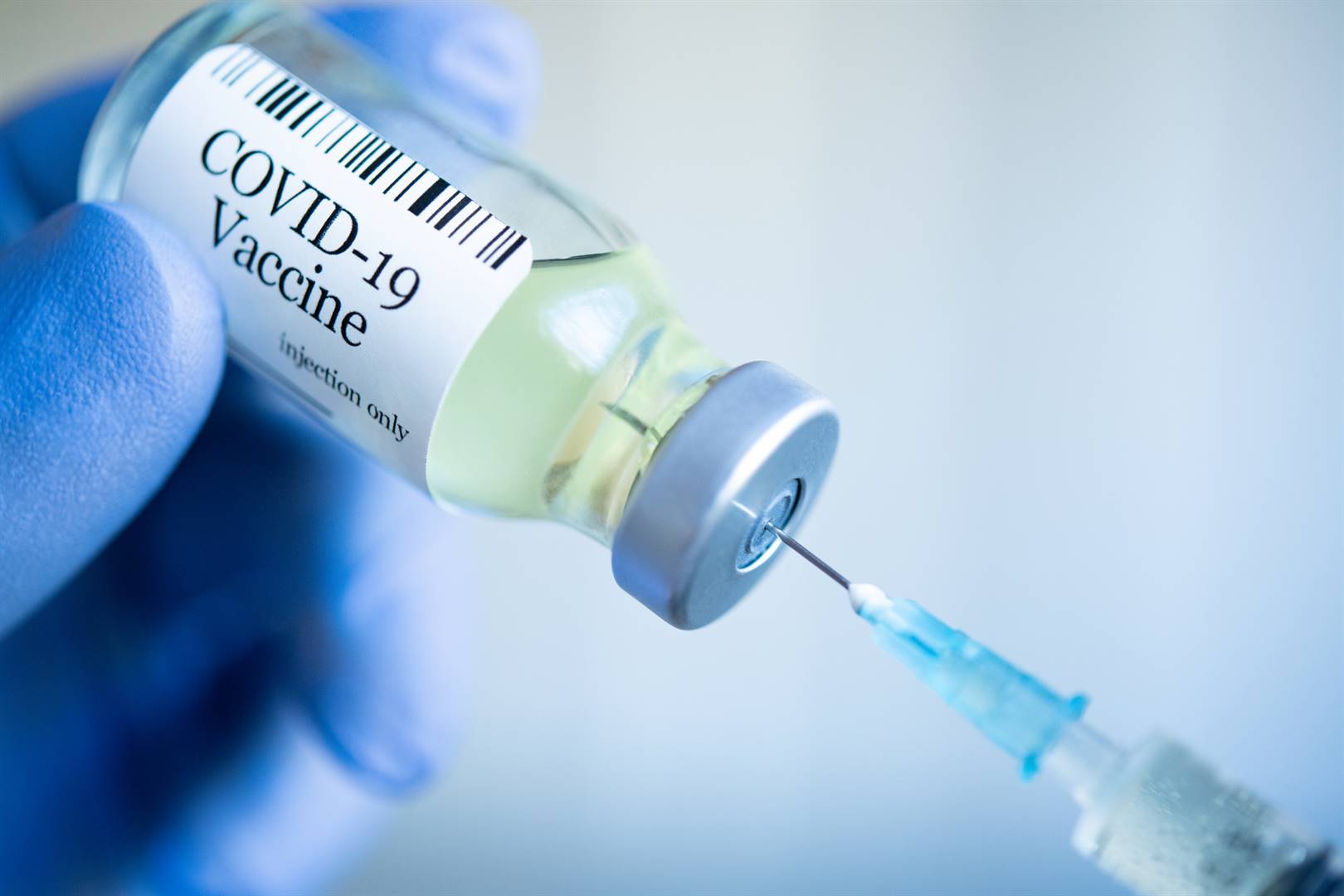
Several challenges exist in bringing undocumented migrants on board in the bid to get them vaccinated against Covid-19. Tawanda Matema and Paul Kariuki break down what the issues are and give potential solutions going forward.
At the beginning of 2021, the South African Government indicated that the vaccination rollout programme will be inclusive of all the people residing in the country, including the vulnerable population of undocumented migrants.
However, by July 2021, the undocumented population were still excluded from the vaccine rollout programme. Additionally, there were calls for the Ministry of Health to ensure that the vaccination program was inclusive of the undocumented population coming from the migrants, human rights organisations and civil society organisations, among others.
By early October, Provincial pilot programmes to vaccinate the undocumented population, including local South Africans, had been implemented by the national and provincial health departments together with local organisations in Cape Town, Durban and Tshwane.
Positive move
For instance, in August, the Western Cape provincial health department together with the Hope Exchange non-governmental organisation, who provide social services to vulnerable homeless persons, ran a successful vaccination drive of undocumented persons. One hundred thirty vaccine doses were administered out of a total of 200. In Durban, the department of health and the Dennis Hurley Centre, who provide social services to undocumented African migrants, also ran another vaccination drive for undocumented migrants.
The pilot vaccination programme was a positive move for including the undocumented African migrant population in the rollout programme and staying true to the principle of human rights. However, the pilots were not comprehensive and their details were, according to James Stent vague – the number of undocumented persons who have been vaccinated nationwide so far has not been given, information on other pilot programmes is difficult to access and the process of identifying the communities undocumented persons reside in is still ongoing. As a result, the state of undocumented migrants accessing vaccinations remains ambiguous.
READ | Undocumented immigrants left out of vaccination programme
Equitable distribution of Covid-19 vaccination to vulnerable populations such as migrants, undocumented people and the homeless is an issue of concern in many countries today due to several challenges, namely identifying undocumented migrant populations, negative perceptions of vaccines, a general mistrust of government initiatives and the fear of retribution from immigration authorities in the event that their information and location are exposed among others.
Firstly, African migrants are generally located at the periphery of economic activities and social life, migrants in general and undocumented migrants, in particular, have traditionally been subject to medical xenophobia and always faced challenges in accessing quality and adequate healthcare services globally. The undocumented population is at a higher risk of contagion as they are found in squalid areas with poor habitations and operate in informal settings.
Poor-record keeping
Secondly, undocumented African migrants' poor record-keeping makes it difficult to determine the best government response to their plight. Therefore, the government faces a challenge in identifying areas where undocumented migrant communities live and their needs. The United Nations Department of Economic and Social Affairs (UN DESA) estimated the number of migrants residing in South Africa in 2020 to be around 2.9 million. In 2020, Stats SA estimated the number of foreign-born nationals in South Africa to be about 3.9 million, including undocumented migrants. This makes it challenging to determine the number of undocumented migrants in need of vaccination, their location, and the capacity required to meet their health care needs.
READ | 'They might deport us,' say foreign nationals as they stay away from vaccination sites
Third, administratively, the Electronic Vaccination Data System (EVDS) for registering to be vaccinated poses two challenges for undocumented migrants. First, the system caters to individuals with a valid identity document such as a passport, a refugee, and an asylum permit. This effectively excludes those people without any form of documentation both migrants and local South Africans alike. Second, electronic registration poses a technical challenge to those who do not have access to electronic devices and data as well as technical know-how to register for vaccination.
Fourth, the perceptions undocumented migrants have of vaccines are negative and false. Undocumented migrants, like many people in general, have a fear of being vaccinated due to misinformation. According to the International Organization for Migration (IOM) report, Migrant Inclusion in Covid-19 Vaccination Campaigns, some migrants are hesitant to take the vaccine because there is 'insufficient targeted outreach through linguistically and culturally appropriate channels.' The report also found that there are no safeguards to protect irregular migrants against arrest and deportation if immigration authorities access their information through health providers. These and other challenges in vaccination access for irregular migrants are not unique to South Africa but a reality being faced by irregular migrants in many countries.
Migration is a priority concern in global public health, and to reach herd immunity, the inclusion of vulnerable populations like undocumented migrants is key.
How then can government respond proactively to the challenges mentioned above?
Safeguards
Given that undocumented migrants are suspicious of any government initiative in South Africa, the government should build safeguards against the retribution of immigration control in the event that undocumented migrants seek vaccination against Covid-19 and also in order to vaccinate as many people as possible and mitigate the scourge of the pandemic. For instance, the use of hardcopy forms for registering undocumented people for vaccination by the Western Cape Department of Health is one such initiative
Another way of building such safeguards is to continue partnerships with civil society organisations (CSO). CSO's can help identify undocumented African migrant communities and offer them access to the vaccine and other health-related services. Additionally, undocumented migrants are more likely to trust CSOs rather than government with their details with little fear of immigration control. A combination of government and CSOs creates a comprehensive partnership that provides vaccinations to undocumented migrants but also reasonably protects them from immigration control.
READ | Excluding migrants undermines the success of Covid-19 vaccine rollouts
Moreover, vaccine-related information sharing and public education tailored to the needs of migrants, in general, will go a long way in dealing with vaccine hesitancy. Vaccine hesitancy among undocumented migrant communities is fueled by misinformation, limited access to legitimate sources of correct information like the South African government website and language barriers. Awareness and public education initiatives that target specific undocumented migrant communities in languages that they can understand will also contribute to the vaccination drive of this vulnerable population.
Furthermore, actions speak louder than words – migrant communities are more likely to take up vaccination if government builds up a track record of successfully vaccinating undocumented migrant communities in other parts of the country. Continuing these vaccination drives nationwide is sure to build this positive track record.
With the help of CSOs, the government can also target communities at the periphery of society where most vulnerable populations reside and implement extensive mobile clinics aimed at educating and vaccinating these populations.
- Dr Paul Kariuki is the Executive Director of the Democracy Development Program (DDP). Tawanda Matema is the Project Officer assigned to the Migration Project at the Konrad Adenauer Stiftung (KAS) Johannesburg. They both write in their personal capacities.
Disclaimer: News24 encourages freedom of speech and the expression of diverse views. The views of columnists published on News24 are therefore their own and do not necessarily represent the views of News24.




 Publications
Publications
 Partners
Partners























